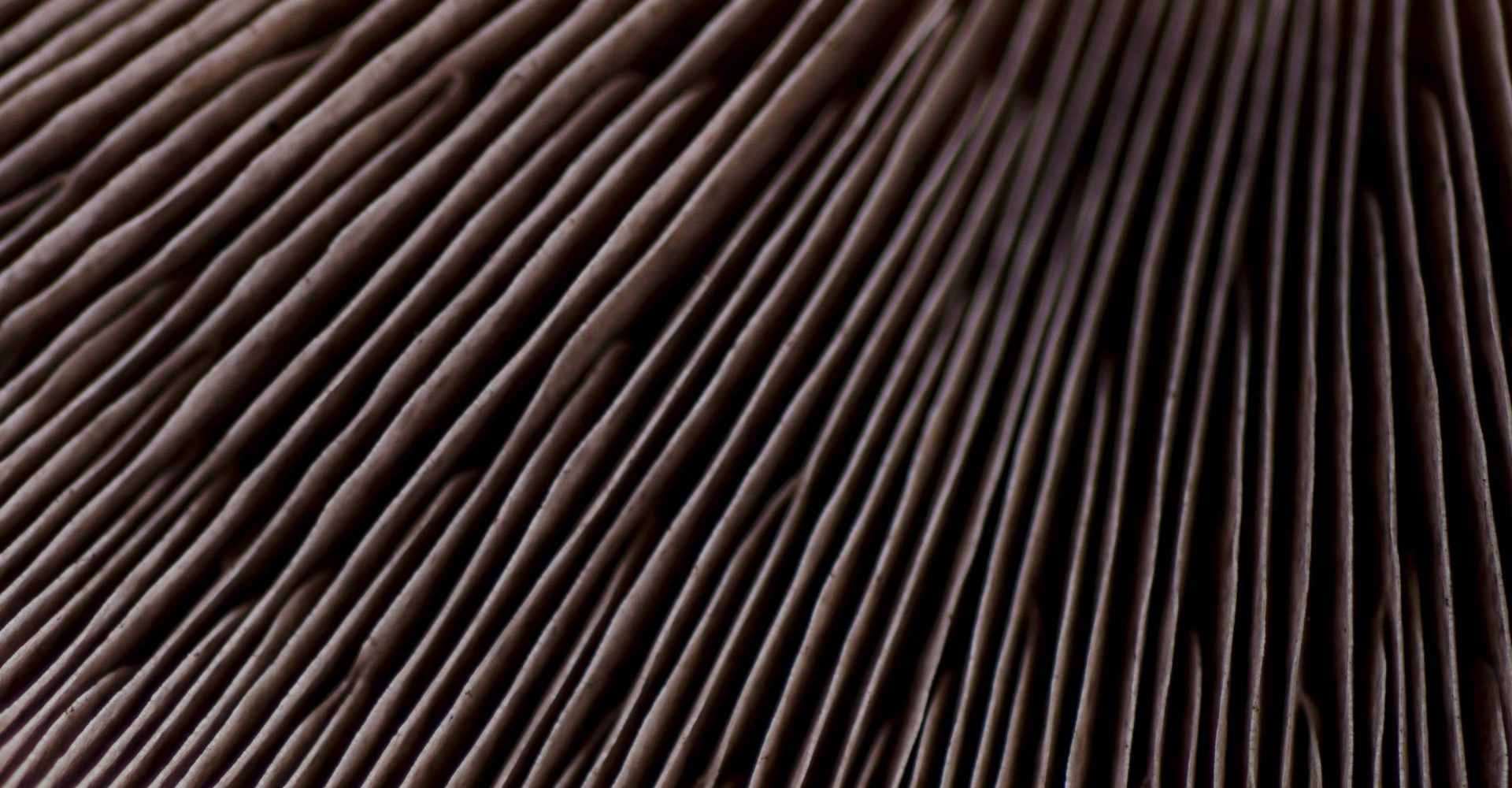Celebrating South Asian Heritage Month!
26th July 2023
Written by HRS Communications


South Asian Heritage Month (SAHM) in the UK is celebrated from 18th July to 17th August every year. It provides a dedicated platform to honour and celebrate the diverse contributions of South Asian communities while promoting social cohesion.1
As we commemorate the rich cultural diversity and valuable contributions of South Asian communities, it is crucial to address a topic that directly impacts the health and well-being of individuals within these communities: diet and nutrition.
Why is discussing diet important in South Asian communities?
According to data from the UK government’s ethnicity facts and figures ,2 people from Asian ethnic groups represent a significant portion of the UK’s total population. Therefore, the discussion of healthy eating habits among South Asian groups should be a priority.3
Research has indicated that South Asian populations are at an increased risk of developing certain health conditions, including type 2 diabetes, cardiovascular disease, central obesity, and hypertension.4-6
These risks can be attributed to a combination of factors, including genetic predisposition and environmental factors such as lifestyle-related behaviours like sedentary behaviours and an unhealthy diet that is high in refined carbohydrates.
What is a typical South Asian diet?
South Asian diets commonly feature a high consumption of carbohydrates and saturated fats. This dietary pattern, which includes consumption of foods like white rice, fried snacks, and dishes cooked in ghee or oil, are likely to contribute to the elevated risk.7
Encouraging healthier dietary choices that prioritise wholegrains, lean proteins, and unsaturated fats is essential for enhancing the overall health and well-being of South Asian populations in the UK.
Current general healthy eating guidelines recommend limiting saturated fats to no more than 30g per day for men and 20g per day for women.8
To achieve this, individuals can make changes in their cooking habits by reducing the use of ghee, butter, coconut oil, or palm oil and swapping to unsaturated fats, such as those found in nuts, oily fish, vegetable oil and olive oil.
Additionally, following the Eatwell Guide 9, which visually represents a healthy and balanced diet, can provide valuable guidance in making nutritious food choices.
Are there dietary guidelines tailored to South Asian diets?
Registered dietitian Fareeha Jay has adapted the Eatwell Guide specifically for typical foods seen in the South Asian diet, adding traditional South Asian foods such as dal (lentils), sabzi (vegetables), and whole grains like brown rice and chapati.10
Fareeha also emphasises portion sizes and alternative cooking methods like steaming, boiling, or grilling instead of deep-frying to reduce calorie content.
By incorporating these dietary guidelines into their everyday diets, South Asians can make healthier choices, reduce their risk factors, and promote overall well-being.
Although, it is important to consult with healthcare professionals and registered dietitians for personalised advice and support in implementing these recommendations into daily life.
In summary
In conclusion, South Asian Heritage Month celebrates diversity while addressing the unique health needs of South Asian communities. By adopting culturally tailored dietary guidelines and embracing healthy lifestyle practices, individuals can reduce the risks of conditions like diabetes, cardiovascular disease, central obesity, and hypertension. Fareeha Jay’s adaptations to the Eatwell Guide provide valuable guidance, incorporating traditional South Asian foods and promoting portion control and alternative cooking methods. Let us celebrate our heritage, prioritise our health, and embrace a brighter future through proper nutrition.
This article has been written in collaboration with one of the HRS Communications Interns, Charlie Robinson.
References:
- South Asian Heritage Trust (2022) About the Trust – South Asian Heritage Month [online]. South Asian Heritage Month. Available at: https://southasianheritage.org.uk/about-the-trust/ [Accessed 26/07/2023]
- GOV.UK (2023) Ethnicity facts and figures. [online] Available at: https://www.ethnicity-facts-figures.service.gov.uk/ [Accessed 26/07/2023]
- GOV.UK (2018) Population of England and Wales. [online] Available at: https://www.ethnicity-facts-figures.service.gov.uk/uk-population-by-ethnicity/national-and-regional-populations/population-of-england-and-wales/latest#main-facts-and-figures [Accessed 26/07/2023]
- British Heart Foundation (2017). South Asian background [online]. Available at: https://www.bhf.org.uk/informationsupport/heart-matters-magazine/medical/south-asian-background [Accessed 26/07/2023]
- Editor (2019) Asians have a particularly high susceptibility to type 2 diabetes and a healthy diet is one of the main ways in which diabetes can be controlled. [online] Available from: https://www.diabetes.co.uk/south-asian/healthy-eating-tips-for-south-asians.htm [Accessed 26/07/2023]
- Quan H, Chen G, Walker RL, Wielgosz A, Dai S, Tu K, et al (2013) Incidence, cardiovascular complications and mortality of hypertension on by sex and ethnicity. Heart [online].99(10):715–21. Available at: https://heart.bmj.com/content/99/10/715 [Accessed 26/07/2023]
- Misra A, Khurana L, Isharwal S, Bhardwaj S (2009) South Asian diets and insulin resistance. The British journal of nutrition [online]. 2009;101(4):465–73. Available at: https://www.ncbi.nlm.nih.gov/pubmed/18842159 [Accessed 26/07/2023]
- NHS (2023). How to eat less saturated fat [online] Available at: https://www.nhs.uk/live-well/eat-well/how-to-eat-a-balanced-diet/eat-less-saturated-fat/ [Accessed 26/07/2023]
- NHS (2022). The Eatwell Guide [online]. Available at: https://www.nhs.uk/live-well/eat-well/food-guidelines-and-food-labels/the-eatwell-guide/ [Accessed 26/07/2023]
- Fareeha Jay (2021). The South Asian Eatwell Guide. MyNutriWeb [online]. MyNutriWeb. Available at: https://mynutriweb.com/the-south-asian-eatwell-guide/ [Accessed 26/07/2023]
HRS Communications is founded by a Registered Dietitian and our team offers a full service agency approach to all medical and nutrition marketing needs. Our medical copywriters have accredited backgrounds in the nutrition, dietetic and healthcare fields and create written content for evidence-based medical communications. So, get in touch via the website today to find out how we can help support your business.

